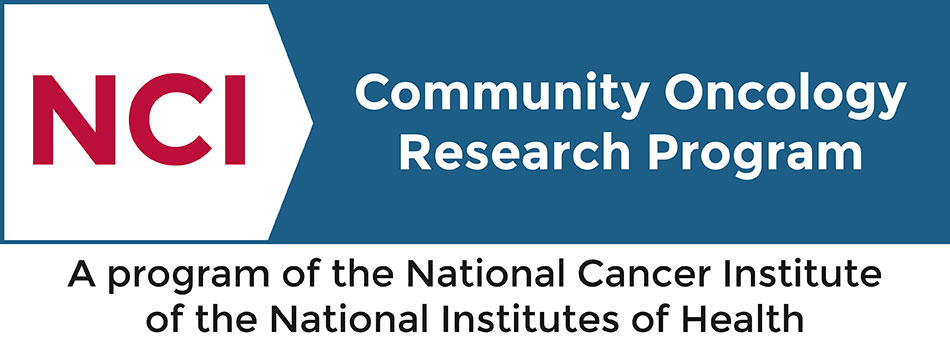- Augusta University
- Georgia Cancer Center
- Clinical Trials
- Georgia CaRES
- For Cancer Patients
For Cancer Patients
What is a clinical trial and what does it mean for you and your family?
If you or someone you love has been diagnosed with cancer, you likely have several treatment options available to you. These options are often referred to as the “standard of care,” which is developed based on evidence obtained through many years of research.
Part of that research includes clinical trials. Clinical trials not only make it possible for cancer patients to benefit from the latest therapies, but these therapies could one day become the next standard of care.
Historically, minority populations have participated in clinical trials in much lower numbers. In fact, on average, fewer than 5 percent of patients enrolled in clinical trials today are minorities. That becomes a major factor in quality of care, as researchers aren’t able to factor in how a certain cancer therapy might metabolize differently in someone with a different ethnicity. In fact, studies have shown that in certain ethnic populations, some cancer therapies aren’t as effective or are more toxic, because of a lack of research.
Being part of a clinical trial not only helps provide key information that will allow science to develop better therapies to treat cancer tomorrow, but also helps provide you or your loved one with the latest care available today. Georgia CaRES not only improves the quality of care and health outcomes for Georgians, but also helps ensure that at-risk populations have easy access to that care.
